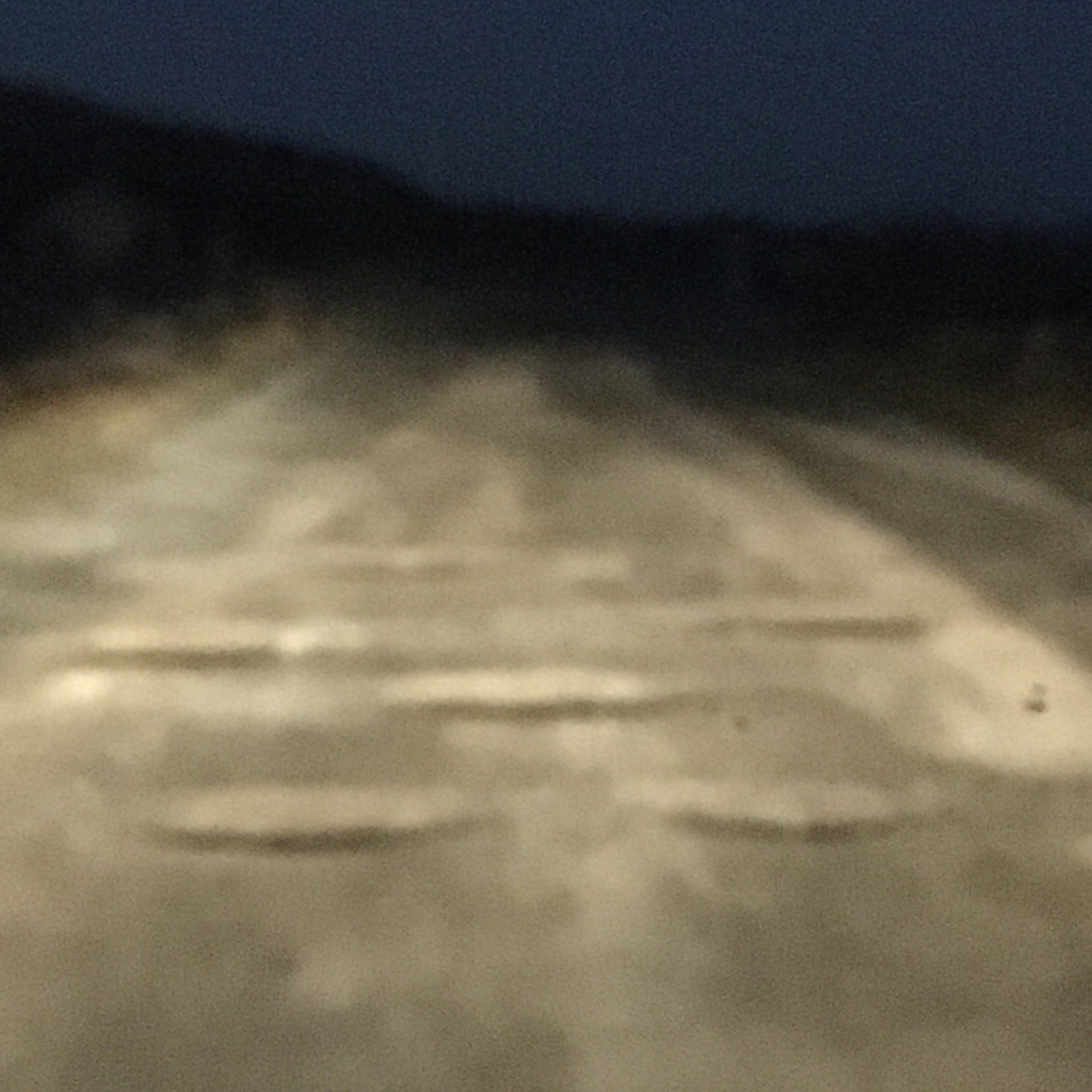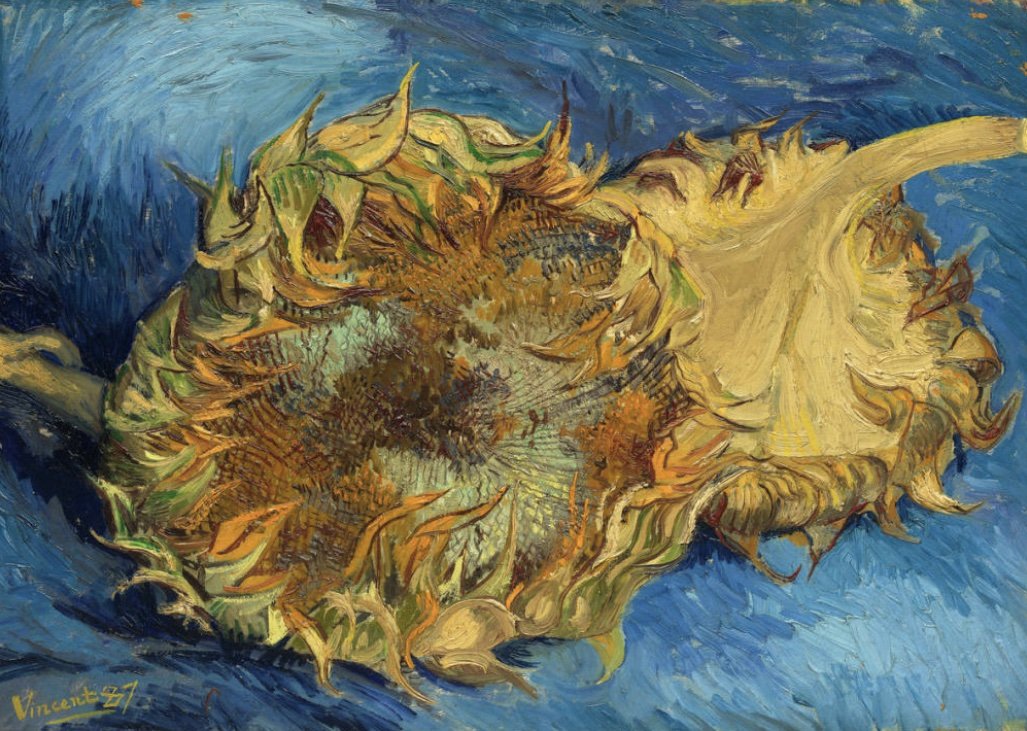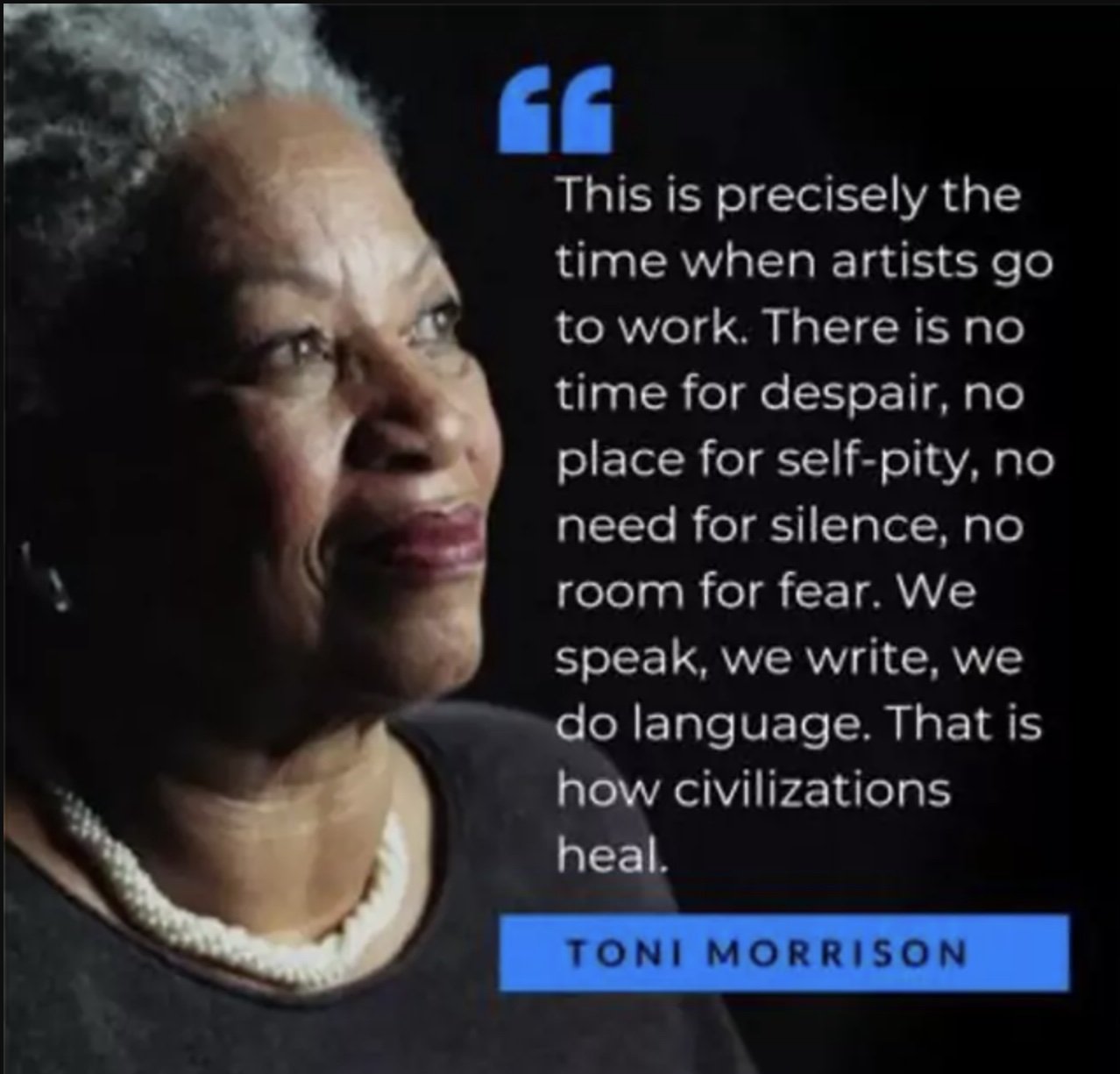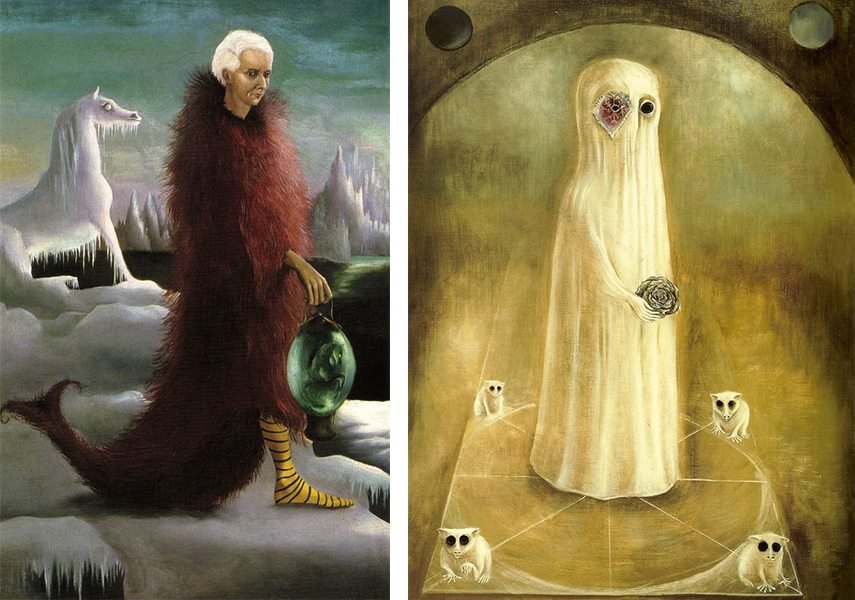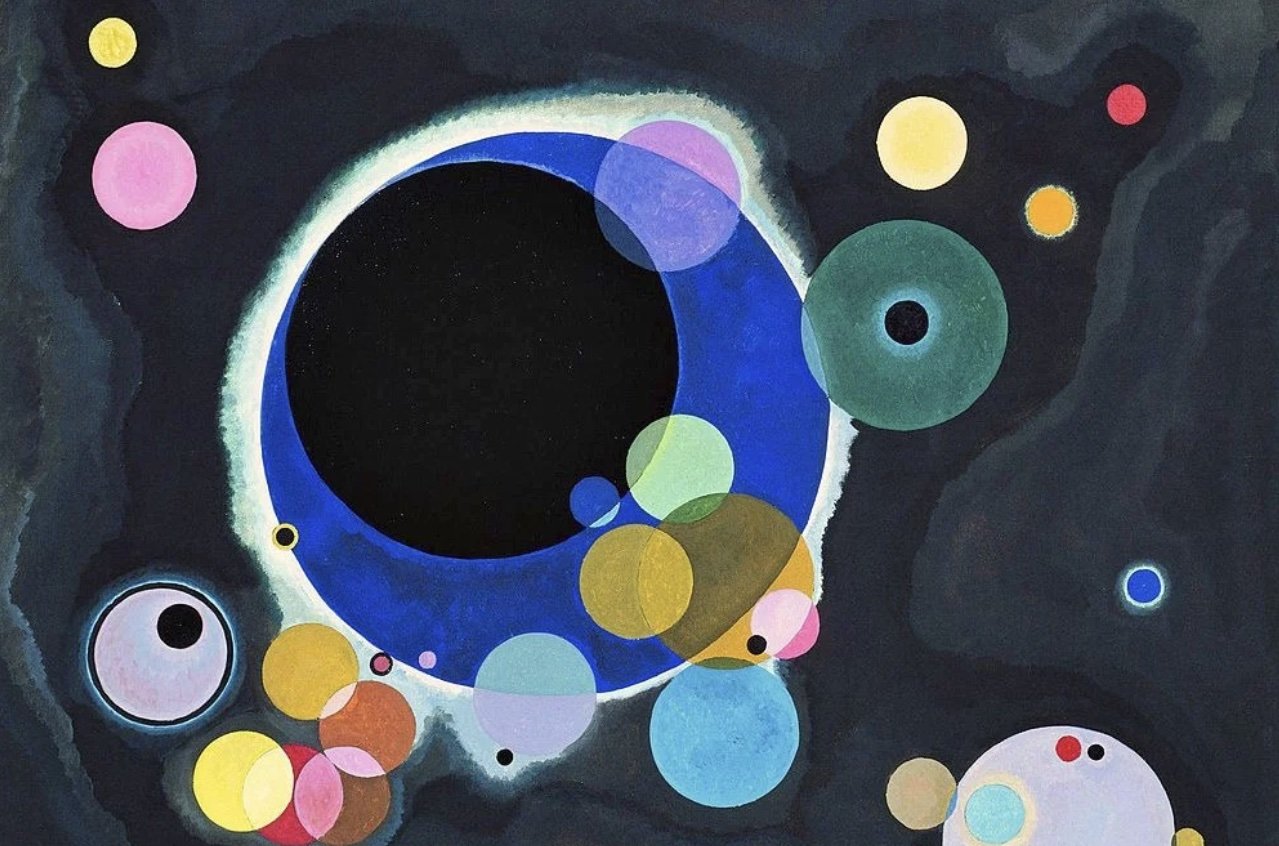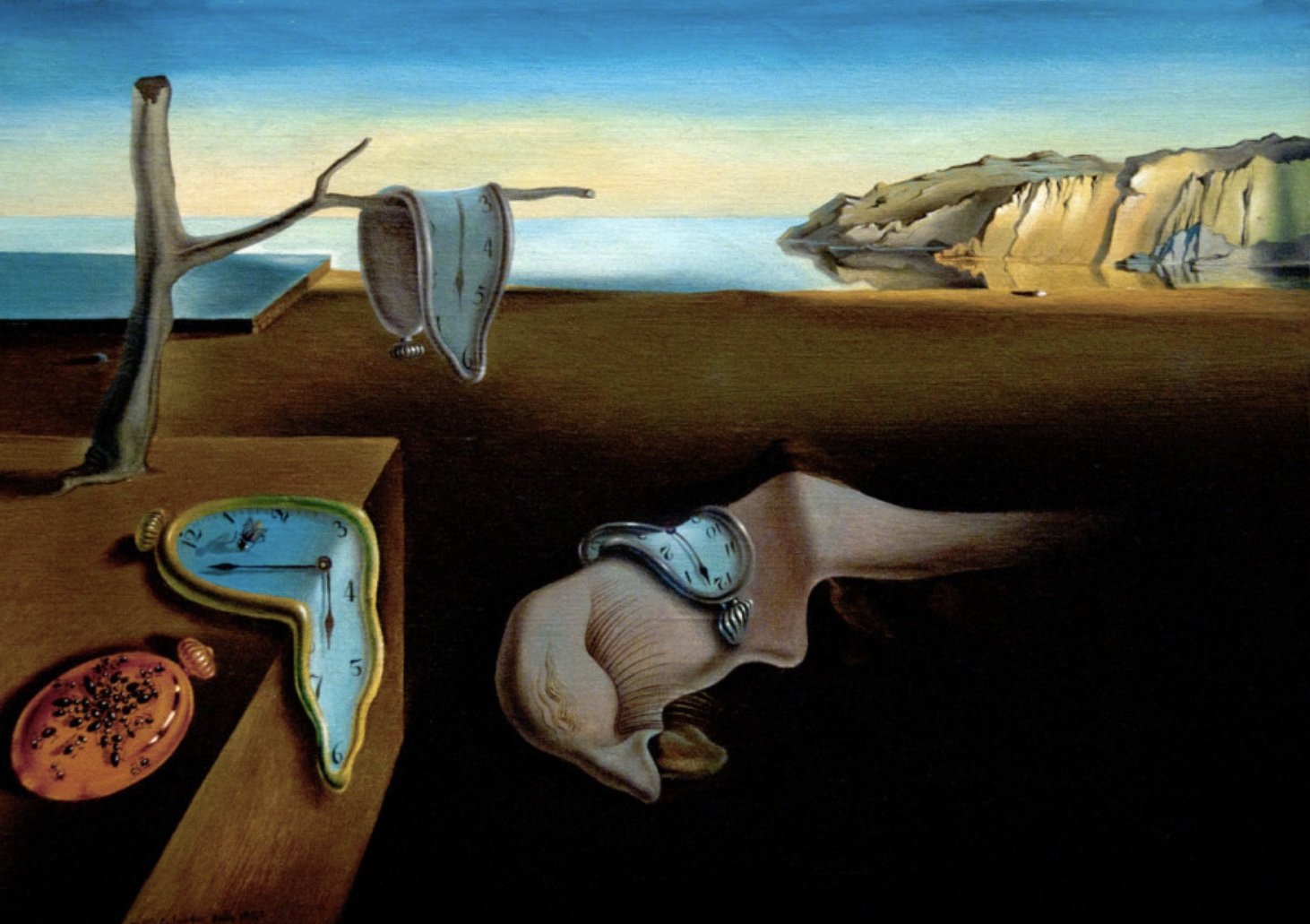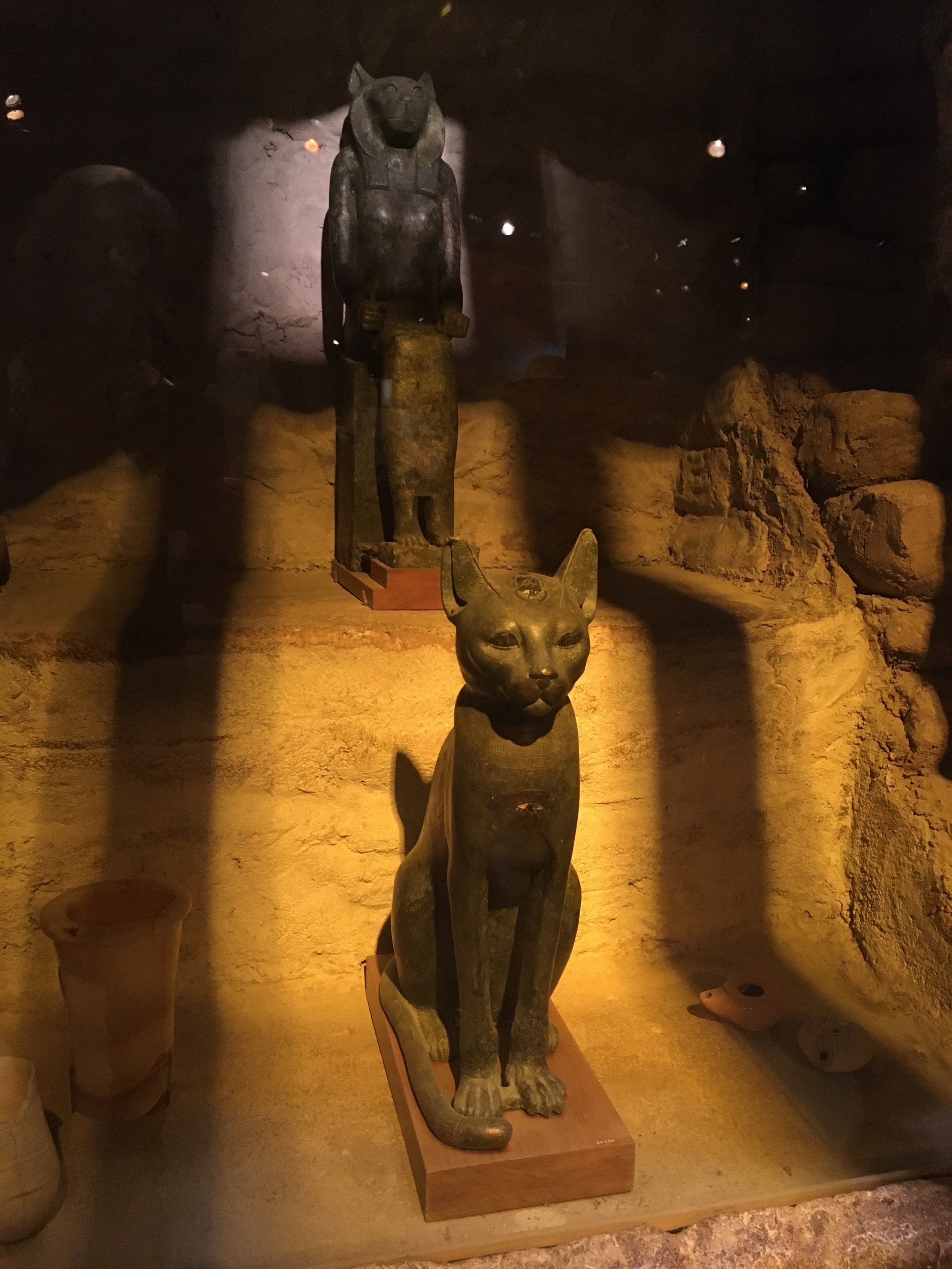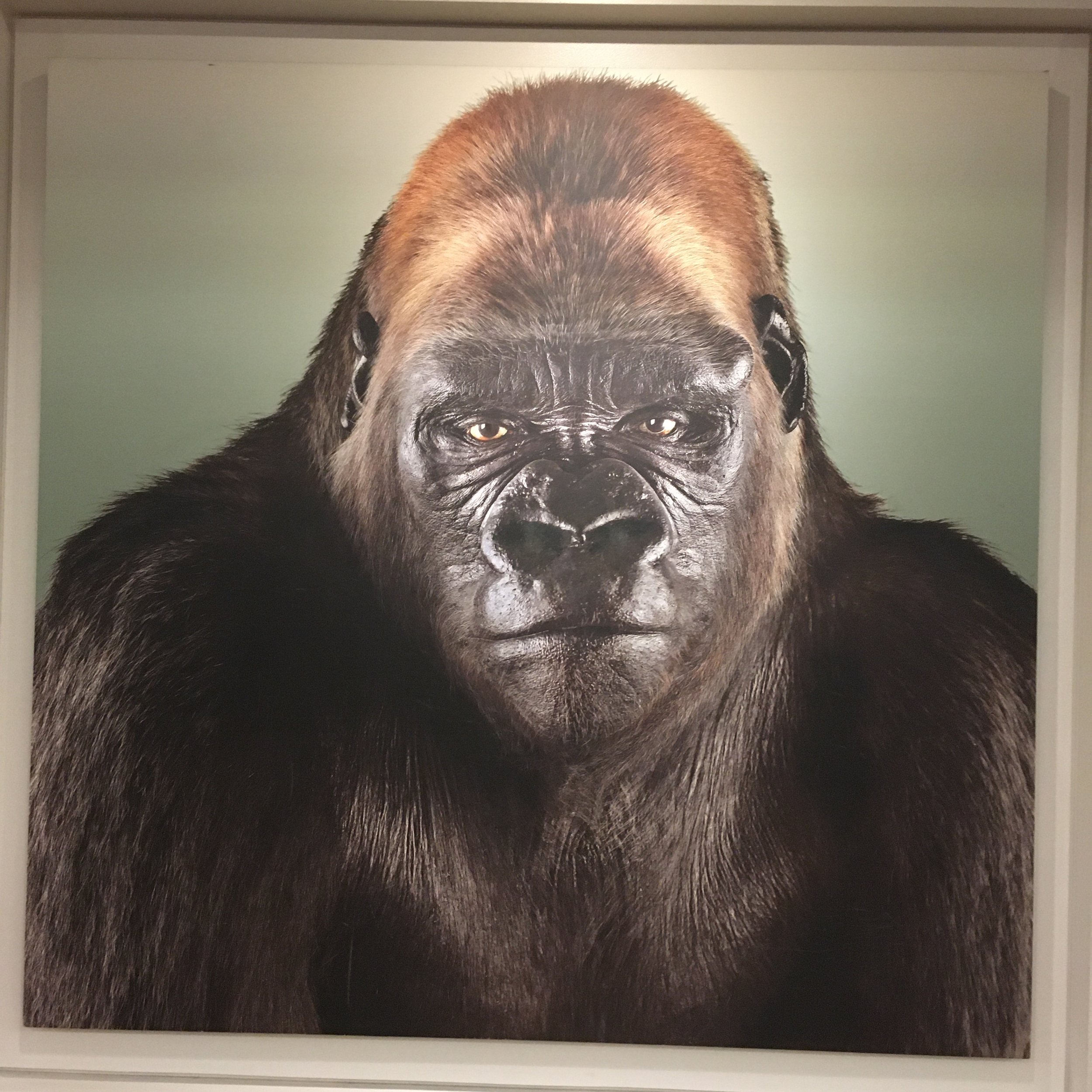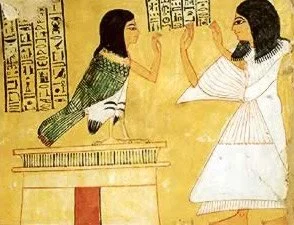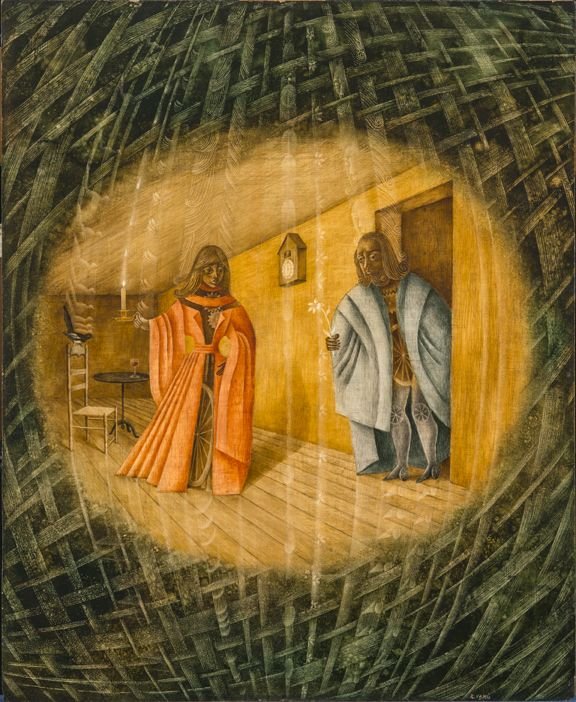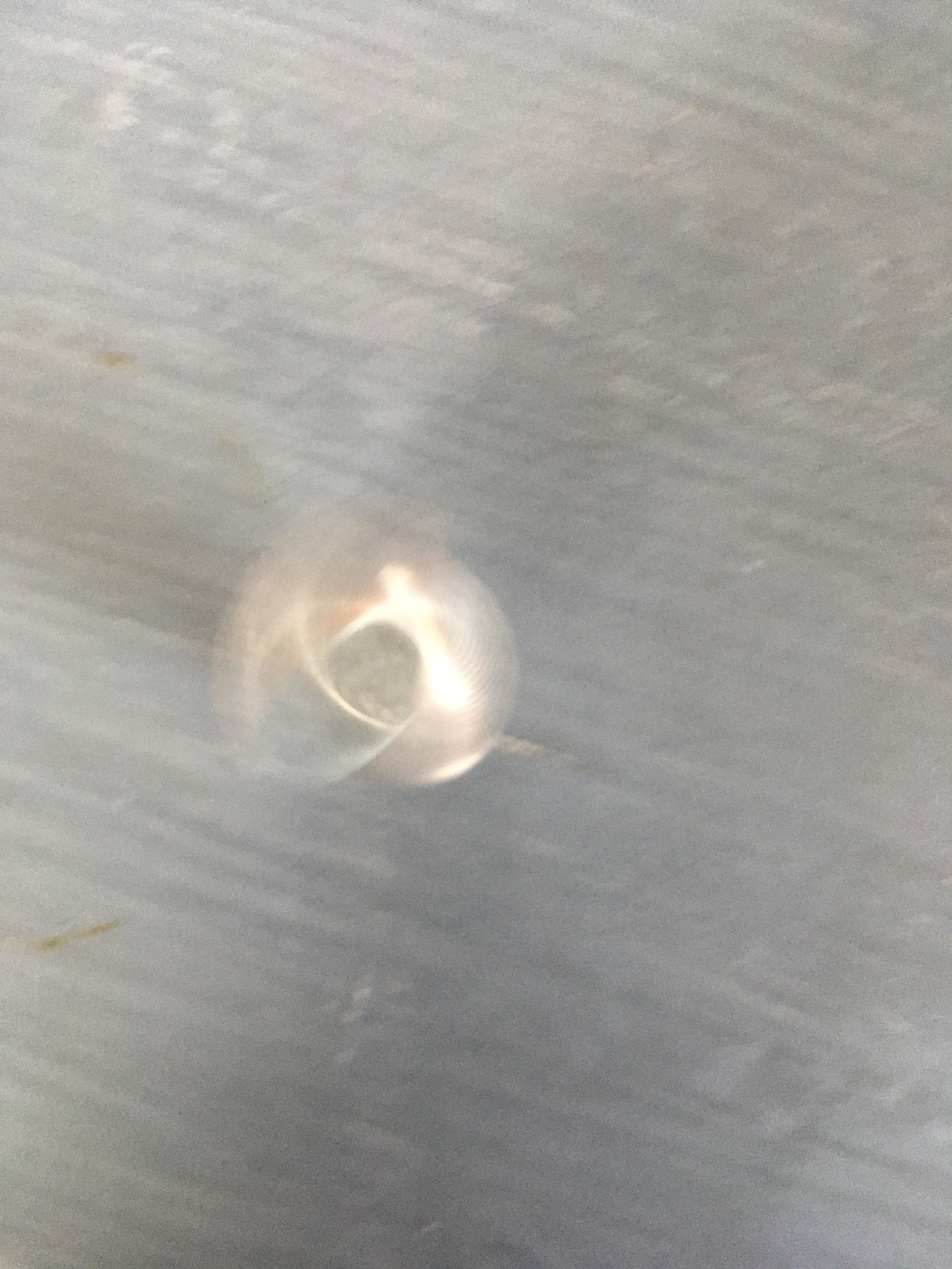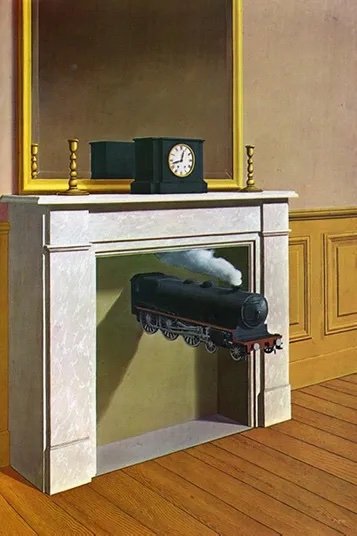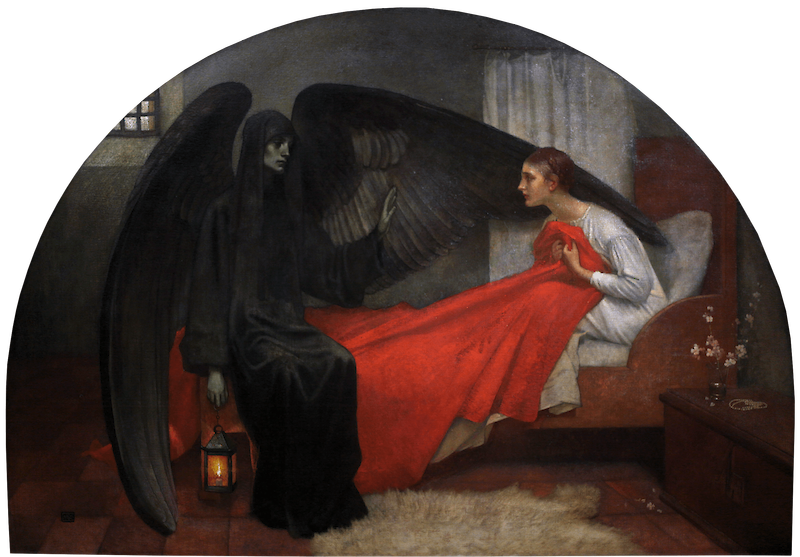UN-Time’s Arrow
Is it just me, or does Time feel completely different now?
“The purpose of art is to stop time.”
And the purpose of this post is to talk about time,
how we perceive it, and how it affects the creative process.
I’m so curious about your thoughts, so I’m opening up comments
on my blog for the first time.
Art is Long, and Time is Fleeting
(Longfellow said that…)
The Buddha taught the concept of the 3 Times: past, present, and future.
But when he talked about this concept, (I’m not Buddhist, so I’m paraphrasing here to the best of my ability), it was with the purpose of bringing the awareness that the 3 times are just a mental construct, and with awareness can come the enlightenment and liberation from the tyranny of the 3 times.
Enlightenment encompasses all three times, and relieves us from the suffering brought on by our attachment to them.
Enlightenment itself is something we have access to at any time. In fact, we experience glimpses of it when we are “in the zone” of making art - we may just not be aware of it.
We are experiencing the “4th time”:
UnTime.
We can and do experience UnTime - ALL the time. It is like the rind around the orange of Time.
I experience it when I paint, listen to music, walk on the beach, eat a beautiful salad from my garden. I experienced it this morning in meditation, when the word UnTime came into my mind. (And I’m all like - “Is that a word?”)
Indeed, it is. Nowadays, it is usually an imagined time/space-continuum referred to only in sci-fi novels - “the UnTime.” :
“In the Paris of the 1890s, Jules Gauthier, a young journalist, enters the Untime with its discoverer, Professor Lamartine. What they find there could be the end of our Universe as we know it. ”
(I want to read that!)
And leave it to the Old/Middle English to make that shit up (Old English gave us “un” - and they used it a lot - untoward, unwise, unclean, Aethelred the Unready, on and on).
Un-Time (in oldenday times) was “an unsuitable, improper, or wrong time.” Basically a judgment call on time.
And I think of entropy, a term invented in 1865 by the German physicist, Rudolph Clausius to mean “the transformational content of the body” (from the Greek, “trope,” or “to turn,” from the Sanskrit, “to turn away in shame.”). It is the concept that refers to the calculable quantity of energy held by a thing, that spreads out and dissipates as things transform to another state, such as equilibrium, decay, or death.
But that is also just a judgement, really. A flower may see its death as the most productive time, because it is then creating a hundred more versions of itself through its decay and seeds.
So, death, bad. Yes. But…really? In the big picture? (Stay with me).
We have experienced so much death (some of us from a distance, some of us close up) in the past few years, and sadness and loss and grief. It feels like all of this, along with the pandemic’s dictums to step out of the chronological flow of social life and into the middle of our time bubbles, has really stretched and changed time.
Researchers agree. A recent study in Brazil [1] reveals how the concept of time has shifted for many people - slowing down from its usual breakneck speed.
Time is a concept.
“Understanding a thing is arriving at a familiarizing metaphor for it.”
In Hinduism and Jainism, the goddess Kali, or the god, Lord Kala is a metaphor for Time and it’s ultimate destination, Death - the Great Destroyer, the black destructive fire of death.
(We may have gotten the root for calculate from this idea of measuring time. One “kala” is traditionally 144 seconds.)
This is what we do as artists.
We stop time.
We live in stopped time.
Leonora-Carrington, Portrait of Max Ernst, 1939; The-Ancestor, 1968
Death is not only energy spreading out to equilibrium, but spreading IN to something else. So from a distance, death looks like the beginning of life, and vice versa - it is all just perspective and judgement.
I know that doesn’t make anyone feel better, including me. Grief helps us move through the emotion towards this understanding.
What I’m getting at here, though, is that all of our descriptions of past, present, future, time, untime, entropy, are judgements of the mind, positioned in the so-called “present.”
Time as a Line
Julian Jayne’s, in his fascinating and controversial book, “The Origin of Consciousness in the Breakdown of the Bicameral Mind," (OCBBM), posits that consciousness has 6 elements:
Spatialization: We can “see” a space that is our mind, a mind-space. We create a timeline in our minds of past-present-future.
Excerption: We “see” small parts of the thoughts or data in our mind, separated out from the whole. We discern what to focus on - if we can’t do this, insanity ensues.
The Analog “I”: I see myself “as myself,” moving about in my mind-space.
The Metaphorical “Me”: I see myself “doing things” in my mind in the past or future, from within ourselves, or from a distance, as separate from ourselves.
Narratization: Any situation in our mind is perceived as part of a larger story that is our life. We tap into previous stories, assign causes, reasons, hopes, purpose, etc.
Conciliation: We assimilate any new stimulus into our concept about it, into recognizable patterns and preciously learned schema. We make things fit into the puzzle of our mind-space.
So if (let’s say), the consciousness is a construct of the brain/mind, and time is a construct of the consciousness, based on the discernment of the person taking part in a culture, then that concept of time is as plastic and fluid as every person. No one perceives it quite the same way as another person does, and each of us fit it into the specific narrative in our own mind-space in order to find satisfaction and equilibrium.
Different Stripes of Consciousness
The obvious next question is (to me): Do animals do all this? I believe they have their own kind of consciousness that may or may not include all of these elements. I would never assume they don’t perceive of past, present and future. People say that they don’t. But I cannot get into the mind of an animal. Still, do they live in a continuous present? Or do they live in another place, outside of time period, where time does not exist? So that calls into question this model, and indeed, the different kinds of consciousness - tree consciousness, rock consciousness, cat consciousness. Buddha would say every being is sentient and conscious on some level. Who are we to judge? Let’s figure out our own consciousness first, and learn from those other beings on the planet that may have something to teach us.
Narrative and Lyric, Chronos and Kairos
Time is a narrative about how we think about the actions we take. Time is just our thoughts around about how actions and places and the action of entropy unfolds.
The Greeks had two terms for “time. Chronos was a qualitiative term, used to measure out hours and days. Kairos was a qualitative time, suggesting the “right” time to do something. The word aparently has its roots in archery, and weaving, suggesting a passageway that must be caught at a precise moment for success.
As Eric C. White describes in his book, Kaironomia, “kairos” is the "long, tunnel-like aperture through which the archer's arrow has to pass," and as the moment "when the weaver must draw the yarn through a gap that momentarily opens in the warp of the cloth being woven."
Chronos is narrative - a story unfolding over time. Chronos is beyond our control. Chronos drives us, as surely as the arms and hands of a clock are are own, getting tangled up in their turning.
Kairos is lyric - a process of finding the perfect moment to turn or move to the next phase, the ability to be present and aware of an opportunity for transition. In debate, it is all about finding the perfect moment and the perfect word in order to influence a desired outcome. It is a judgement call about perfection and precision, about timing. Kairos is within our control. It is a mental model, yes, and always there, a place of liberation.
We think of change or dissolution as a falling apart. We could just as easily think of it as a falling together.
So this life cycle is judged by our thoughts, by our creation of time as a way to judge the cycles of nature. When we can step out of time, see it at a distance,
When we can step into the UnTime, we can see our thoughts from a distance, our judgments from a distance.
And yes, it can be a frightening abyss, or a liberating Nirvana.
As artists, we worry about time - not enough time, I need to finish this, why am I not finishing, starting, doing? Why do I procrastinate?
“When you cross the threshold but you are not ready, gods will appear as demons. ”
Once we step back—out of the flow of time and back into it—we have greater awareness of our place in it, and how our thoughts direct our perception of time, creating bliss or anxiety. This awareness helps us to be less judgmental towards ourselves and others.
You might call this Nirvana.
As artists (and people), we tend to get obsessed about the wrong things when it comes to time. We are so busy looking at chronos, that kairos, or UnTime, is staring us in the face. It is enlightenment available to us at any moment.
We just have to choose it.
Suggested Reading
1. Time experience during social distancing: A longitudinal study during the first months of COVID-19 pandemic in Brazil, Science Advances Journal
How the Pandemic and Social Distancing Have Changed Our Perceptions of Time, Newswise.com
2. Jaynes, Julian, The Origin of Consciousness in the Breakdown of the Bicameral Mind, Houghton Mifflin, 1976.




